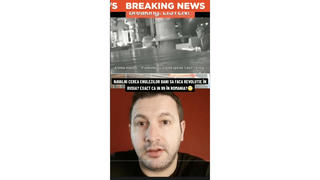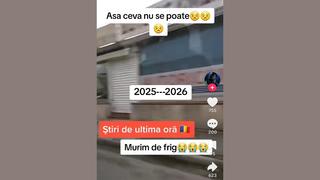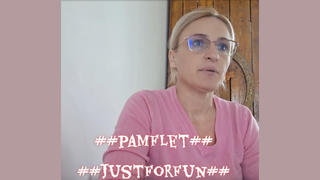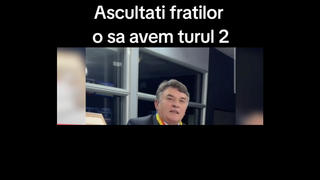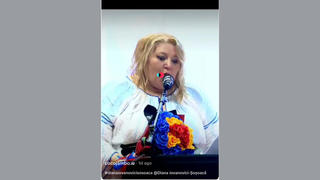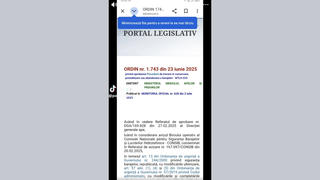
Este adevărat că un atac al rebelilor Houthi în Marea Roșie, care părea să aibă legătură cu tăierea mai multor cabluri de internet subacvatice, a dus la întreruperea serviciului Meta în data de 5 martie 2024? Nu, nu este adevărat: întreruperea Meta a avut loc la o zi după confirmarea faptului că aceste cabluri ar fi fost tăiate, iar compania a declarat că a trecut printr-o „problemă tehnică" care a fost rezolvată în aproximativ două ore.
Afirmația a apărut într-un videoclip care nu mai este disponibil pe platforma TikTok, dar care a fost arhivat aici, postat pe 6 martie 2024, intitulat „Bubuiala Facebook și Instagram - conexiunea cu războiul". Descrierea este următoarea:
Care a fost cauza (adică a întreruperii Meta)? Cauza a fost că se întâmplă lucruri în Marea Roșie. ... Atacul a avut loc ieri, iar rebelii Houthi din Yemen au amenințat un astfel de atac încă de la începutul anului, spunând că vor distruge cablurile subacvatice care susțin conectivitatea pentru mai multe site-uri și platforme. Cablurile au fost distruse doar parțial, dar suficient pentru ca aceste platforme să sufere o întrerupere.
Așa arăta postarea pe TikTok la momentul redactării acestui articol:

(Sursa: captură de ecran TikTok făcută marți, 12 martie, la ora 14:37:24 2024 UTC)
Gruparea rebelă Houthi, din Yemen, a lansat un atac cu rachete asupra unei nave de marfă în Golful Aden, pe 4 martie 2024, în același timp în care presa internațională a raportat că trei cabluri subacvatice esențiale pentru traficul de date între Asia și Europa au fost găsite secționate (arhivat aici). Cu toate acestea, cablurile par să fi fost deteriorate cel puțin de pe 24 februarie 2024, când organizația NetBlocks a observat că accesul la internet (arhivat aici) în Djibouti, țară din Africa de Est, era întrerupt. Un al patrulea cablu a fost raportat ca fiind deteriorat la 26 februarie 2024 (arhivat aici). Deși rebelii Houthi au amenințat cu distrugerea liniilor subacvatice încă de la începutul anului, aceștia au emis o declarație la 27 februarie 2024, prin care au negat orice responsabilitate pentru deteriorarea cablurilor (arhivat aici).
Avaria a afectat traficul de date și telecomunicații între Europa, Orientul Mijlociu și Asia, dar serviciile au fost redirecționate (arhivate aici) prin China și Statele Unite, potrivit companiei de telecomunicații care deține cablurile, HGC Communications. Avariile au afectat aproximativ 25 % din traficul de internet direcționat prin Marea Roșie.
Întreruperea Meta a avut loc pe 5 martie 2024 și a afectat sute de mii de utilizatori Facebook și Instagram din întreaga lume (arhivat aici). Purtătorul de cuvânt al Meta, Andy Stone, a declarat într-o postare pe X din 5 martie 2024 (arhivată aici), că incidentul ar fi fost cauzat de o problemă tehnică care a durat aproximativ două ore: „În prima parte a zilei, o problemă tehnică a făcut ca oamenii să întâmpine dificultăți în a accesa o parte din serviciile noastre. Am rezolvat problema cât mai repede posibil pentru toți cei care au fost afectați și ne cerem scuze pentru orice inconvenient".
Persoana care vorbește în videoclipul de pe TikTok a afirmat, de asemenea, că atacul din Marea Roșie a afectat 20% din traficul global de internet, ceea ce este fals. Toate cele 14 cabluri din Marea Roșie reprezintă aproximativ 17% din traficul mondial de internet (arhivat aici).



